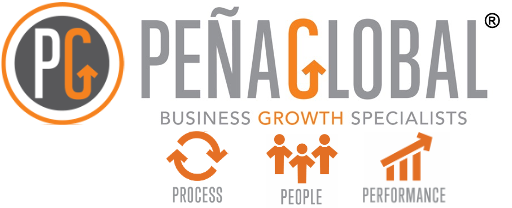How to Avoid Putting the Wrong Person in a Leadership Role
Talent vs. Skill.
Which one do you think is most important?
If you want to stand out from the crowd, skill will help you.
But first, let’s be clear on the difference.
Talent and Skill Are Not Synonymous
Talent is defined as natural aptitude or ability.
Skill is the developed ability to do something well.
Many people have talent, but few people have exerted the effort to develop and elevate their talents. Many think that they can just “show up” and their talent will carry them through. This may be true, but it won’t help them get noticed in the long term.
But there is a formula to increase achievement using both skill and talent.
The Two Laws of Achievement
There are two laws of achievement that are built upon each other.
First Law of Achievement
The formula to acquiring skill looks like this:
Talent x Effort over time = Skill
In other words, the more effort over time you put into developing a talent, the more skilled you’ll become.
Remember—Just because you have a talent doesn’t mean you know how to use it properly. Undeveloped talent is just potential.
Second Law of Achievement
Skill x Effort ÷ Time = Quality and Size of Your Achievement
Effort is the amount of exertion of work to accomplish a goal or task. To close a gap between current skill and future skill requires time and effort.
How to Assess Talent and Skill When Hiring in a Leadership Role
Top performers thrive because they’ve developed their skills over time. And often the natural next step is to promote them; we think that they can apply what they learned to develop other top performers.
However, just because someone is great at a particular set of skills doesn’t necessarily mean they have the skills (yet) to lead.
New leaders need training and mentoring in order to meet the expectations placed upon them. Otherwise, they’re unknowingly being set up for failure.
So, before promoting a top performer, consider these four things:
What are the top 10 non-negotiable skills and resources needed for this role so that the new person can deliver on the expectations of success?
What tools, resources, and developmental programs are needed to bring the new candidates up to the standards already defined in the first question?
Does the new candidate for leadership already demonstrate they’re naturally good at any of the top 10 skills?
Will the available tools, resources, and development programs be enough for the candidate to develop the remaining skills they’ll need in their new role?
Asking these questions before you promote a top performer to a new leadership role will help you:
tailor an approach for the new candidate to prepare for the new job
discover they might not be a good fit
save time, money, and talented resources
Based on an excerpt from IT’S PERSONAL, NOT BUSINESS podcast, Episode 7.

